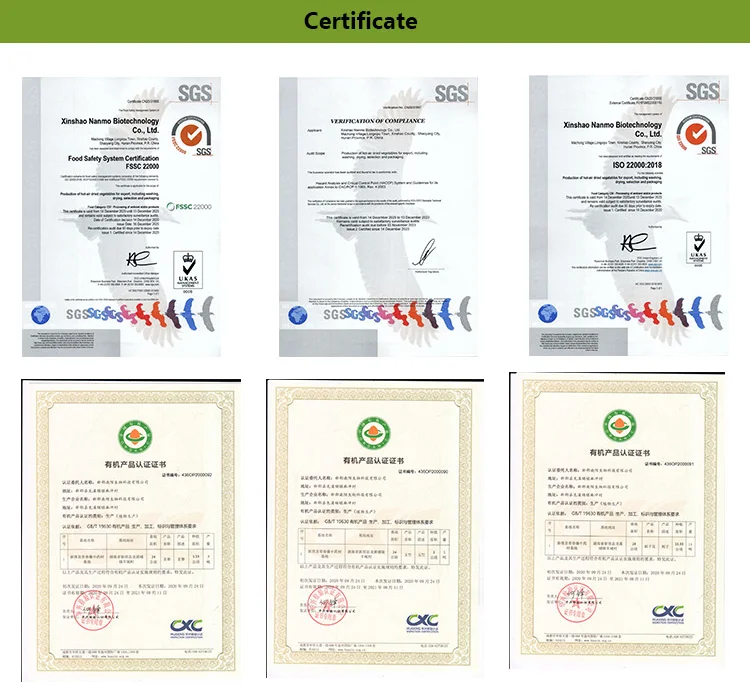The medicinal use of the hand of Buddha has a long history. It's also a excellent greening and beautifying plant suitable for trees, flowers and fruits since ancient times, which is suitable for garden cultivation or as a bonsai and has high ornamental value.

What is Bergamot?
Bergamot, also called Buddha's hand, an evergreen shrub or small tree of the citrus family rutaceae. Leaves is long oval, with a special aroma; It can bloom many times throughout the year, and the full flowering period is between April and May, the color is mainly white, in addition to red, purple and other colors; The fruit period is from June to October every year, the fruit flesh is white, no seeds, and the shape is strange like the hand, so it is called "Buddha hand".



Nutritional value
Bergamot contains 5.48g carbohydrates, 0.09g fat, 1.20g protein, 1.79g cellulose per 100g, and also contains limonin, potassium, calcium, phosphorus, iron, sodium, magnesium, folic acid, pantothenic acid, niacin and other nutrients.
Efficacy and effect 1, promote metabolism: Bergamot is rich in carbohydrates, sufficient carbohydrates can promote metabolism, and help to improve the physique and maintain good health; 2, increase appetite: bergamot contains limonin, not only can play a role in nourishing the stomach, but also can promote the secretion of saliva, play the effect of improving appetite, poor appetite, you can eat the appropriate amount of bergamot to increase appetite; 3. Expelling phlegm and relieving asthma: Bergamot can shrink trachea, reduce sputum secretion, and also has the effect of expanding coronary vessels and increasing coronary blood flow.

|
English name:
|
Bergamot
|
|
Latin name:
|
Citrus medica 'Fingered
|
|
Specification:
|
slices, shredded pieces
|
|
Appearance:
|
yellow or green yellow fruits
|
|
Application:
|
Tea, Medicines, Health care products, Pharmaceutical raw material, Extract raw material, Cosmetics
|






